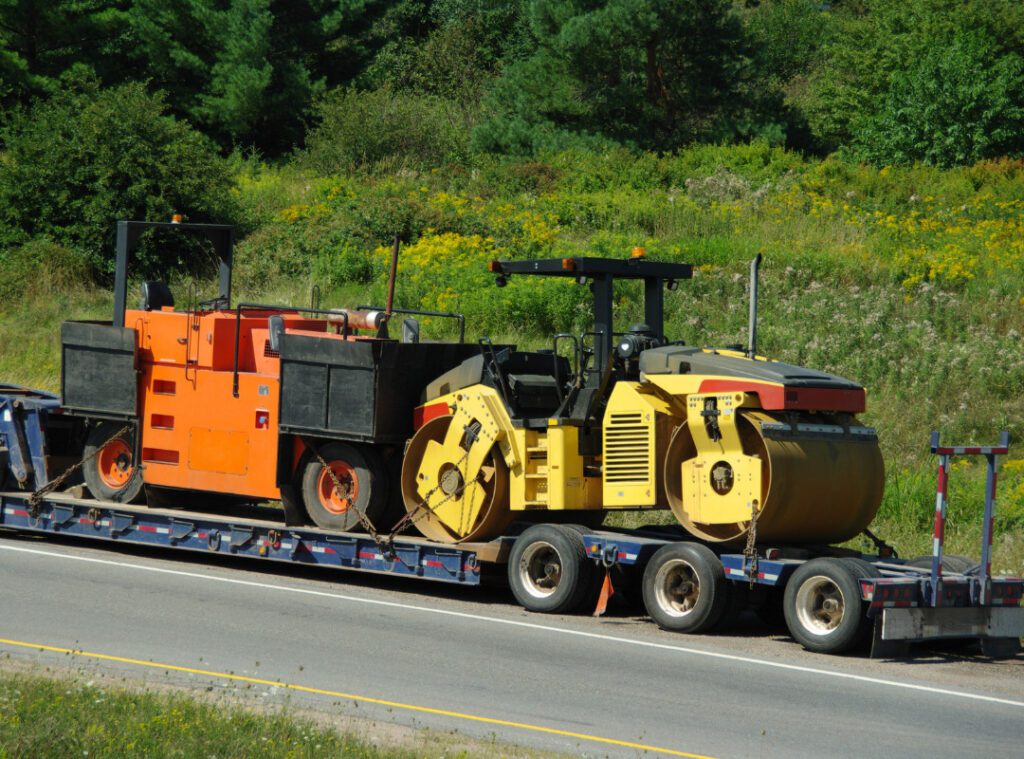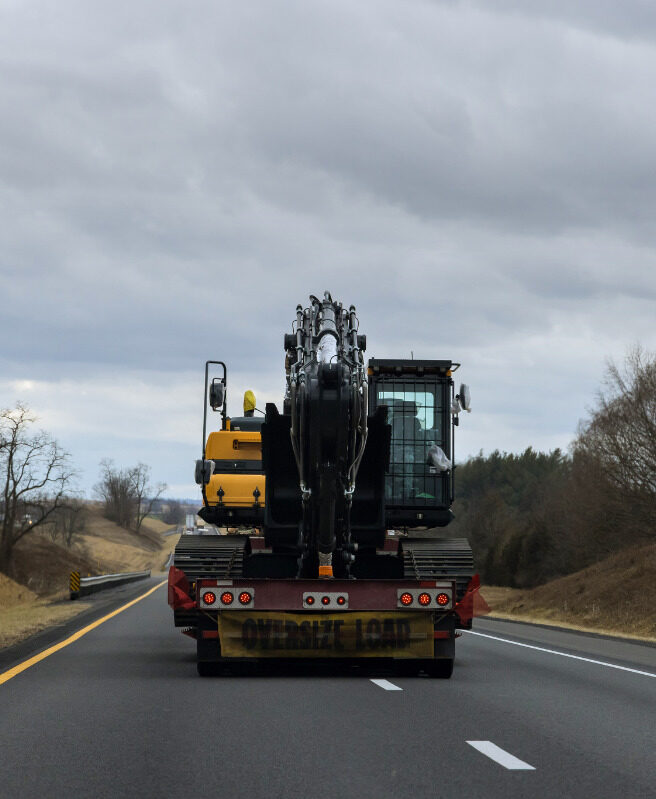Bidding on construction, excavating, and paving jobs requires a comprehensive understanding of various factors to ensure accurate and competitive bids. While some aspects receive proper attention, others tend to be overlooked, leading to cost overruns, delays, or suboptimal project execution. In this blog post, we will highlight the commonly neglected factors and emphasize the significance of considering trucking-related aspects, along with other essential considerations. By addressing these factors comprehensively, contractors can enhance their bidding process and improve project outcomes.



1. Site Assessment: Beyond Surface-Level Evaluation – Thoroughly assessing the project site is crucial, yet this step is often overlooked. Contractors must carefully consider factors such as topography, soil quality, accessibility, drainage, and potential environmental challenges. Neglecting these aspects can lead to unexpected costs, delays, or compromised project quality.
2. Accurate Quantities and Takeoffs: The Devil is in the Details – Accurate quantity estimation is essential for successful bids. Neglecting or underestimating the quantities of materials needed, including excavation volumes, paving materials, and aggregates, can result in significant cost overruns and delays. Performing a meticulous takeoff ensures precise cost estimations and prevents surprises during project execution.
3. Specialized Equipment Requirements: Addressing Project Needs – Construction projects often require specific machinery or equipment to complete certain tasks. Contractors sometimes overlook the need for specialized equipment, leading to delays or compromised work quality. Considering these requirements during the bidding process allows for better planning, resource allocation, and accurate cost estimations.
4. Unforeseen Challenges and Contingencies: Expecting the Unexpected – Construction projects are prone to unforeseen challenges and changes. Despite this, bids often fail to account for contingencies, leaving contractors unprepared to handle unexpected events. By incorporating contingencies into the bidding process, contractors can better manage unexpected costs, additional labor requirements, or changes in project scope.
5. Legal and Regulatory Compliance: Ensuring Adherence – Ignoring legal and regulatory requirements can have severe consequences for a project. Contractors must familiarize themselves with building codes, zoning regulations, environmental restrictions, and necessary permits or licenses. Failing to comply with these obligations can result in costly penalties, delays, or legal complications.
6. Competitor Analysis: Staying Ahead of the Game – Understanding the competition is essential in the bidding process. Analyzing competitors’ capabilities, reputations, and pricing strategies allows contractors to position themselves effectively. Identifying competitive advantages enables a balanced approach that offers value to clients while ensuring profitability.

7. Trucking Considerations: Optimizing Transportation Logistics – Transportation plays a critical role in construction projects, including the timely delivery of materials, equipment, and supplies. Contractors should consider factors such as trucking time, full costs of trucking (including fuel, wages, maintenance, insurance, etc.), trucking capacity and availability, and project-specific trucking requirements. Incorporating these considerations into the bidding process ensures efficient logistics planning and minimizes delays. Having easy access to accurate historical trucking data will also allow for more precise bidding on future projects.


Conclusion:
Bidding on construction, excavating, and paving jobs demands careful attention to various factors. Overlooking critical aspects can lead to cost overruns, delays, or compromised project outcomes. By addressing factors such as site assessment, accurate quantities and takeoffs, specialized equipment requirements, contingencies, legal compliance, competitor analysis, and trucking considerations, contractors can enhance their bidding accuracy and overall project success. By giving due attention to these often-neglected factors, contractors can position themselves competitively, deliver value to clients, and maximize their profitability in the dynamic construction industry.
Featured Blogs






